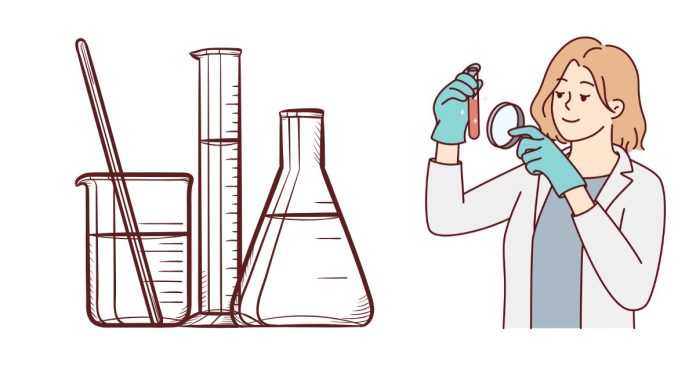Laboratories are essential spaces for scientific discovery and research. They are specially designed environments where experiments, measurements, and research can be conducted in a controlled and safe manner. Whether it’s a chemistry lab, biology lab, or medical research facility, each lab serves a specific function that is crucial for expanding knowledge and advancing technology. Here’s a closer look at the main purposes of a laboratory.
- Conducting Experiments and Research
One of the primary purposes of a lab is to allow scientists and researchers to conduct experiments. In a laboratory, controlled conditions are maintained to ensure that variables are isolated and results are accurate. Whether testing new theories or exploring new substances, the lab provides the perfect environment for controlled experimentation.
- Analyzing Data
After conducting experiments, the next step is often data analysis. Laboratories are equipped with various tools and technology to collect, analyze, and interpret data. This helps researchers draw conclusions, validate theories, and make informed decisions based on solid evidence.
- Developing New Products and Technologies
Many labs are focused on innovation and development, whether in pharmaceuticals, technology, or engineering. Scientists use the lab to create new products, design prototypes, and test new concepts. This leads to advancements that improve everyday life, from new medical treatments to groundbreaking technological tools.
- Ensuring Safety and Quality Control
Laboratories also play a critical role in ensuring that products and processes meet safety standards. Whether in food testing, environmental science, or product manufacturing, labs are used to monitor and control quality. Through rigorous testing and quality checks, laboratories ensure that harmful substances are not present and that products are safe for use.
The purpose of a laboratory is multi-faceted: it’s a space for experimenting, analyzing data, developing new technologies, and ensuring safety and quality. In essence, laboratories provide the foundation for scientific discovery and are crucial for pushing the boundaries of knowledge and innovation across various fields.


